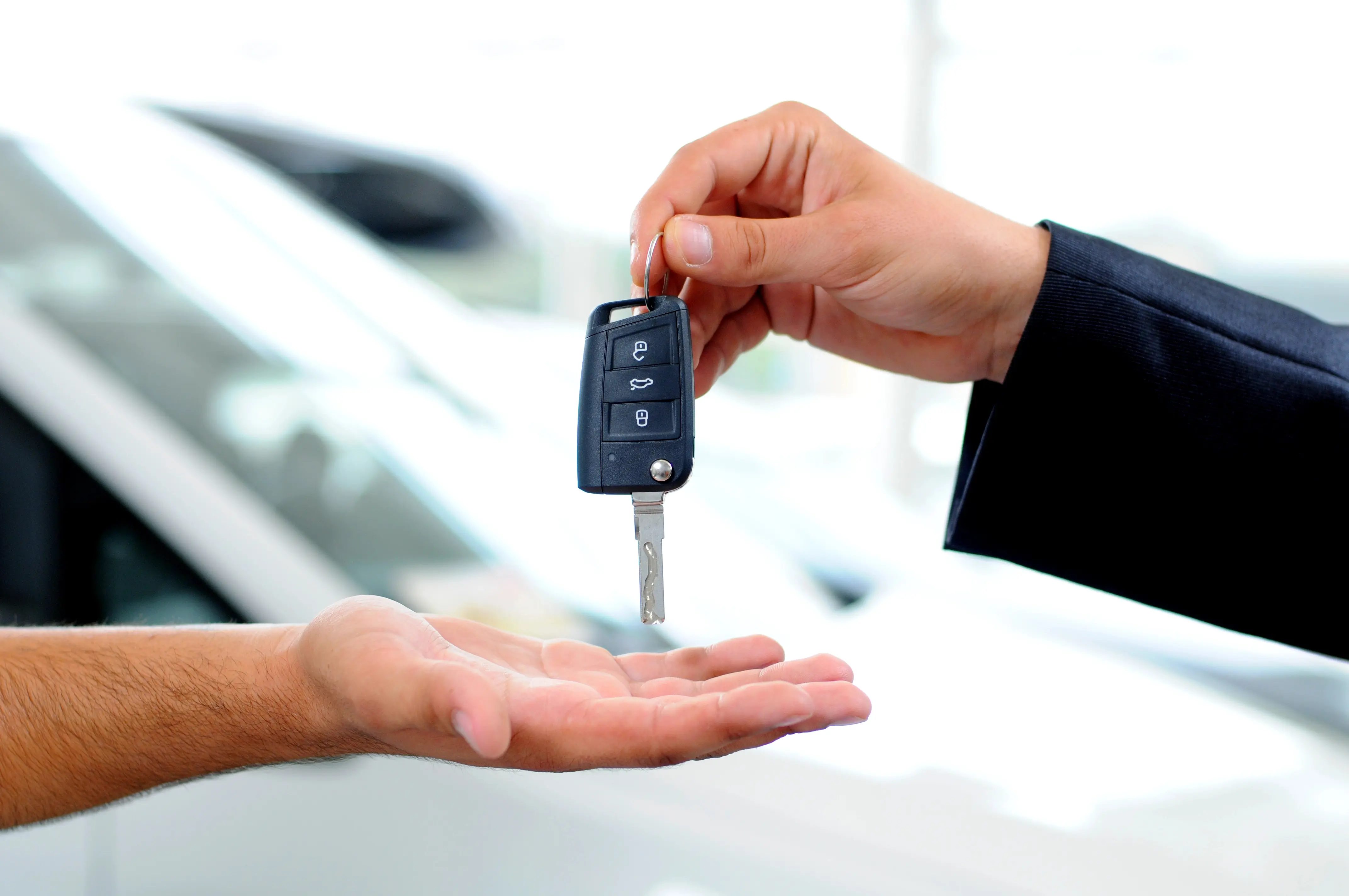Non-owner car insurance is a minimal coverage policy designed specifically for drivers who don’t own a vehicle but who often drive a rented or borrowed car. While non-owner insurance doesn’t offer full coverage, which typically includes liability insurance plus collision and comprehensive coverage, it’s a good option for people who don’t own a car but still have specific insurance needs.
What does non-owner car insurance cover?
Non-owner car insurance offers similar types of coverage to standard state minimum auto insurance. These policies typically include:
- Bodily injury liability coverage: Covers medical bills and related expenses up to your liability limits if you cause an accident in a car you don’t own.
- Property damage liability coverage: Covers damages to another person’s property if you cause an accident in a car you don’t own.
- Other types of car insurance required in your state: If your state requires it, non-owner coverage will include coverage types like uninsured motorist coverage (UM/UIM), medical payments coverage (MedPay), and personal injury protection (PIP).
Keep in mind that because a non-owner auto insurance policy counts as secondary coverage, the vehicle owner’s auto insurance will pay out first in the event of an accident. Once the owner’s coverage limits have been reached, your non-owner policy will then kick in.
If you’re renting a car, you can likely skip buying rental car insurance and instead rely on your non-owners auto insurance for state-mandated coverage.
Learn more: Everything you need to know about temporary car insurance
What isn’t covered by non-owner insurance
In cases of an accidental collision with a vehicle or another object, any damages to the vehicle you’re driving will need to be paid out-of-pocket if the owner does not carry collision coverage insurance. Unless you have MedPay or PIP included or added on to your non-owner policy, your medical expenses also won’t be covered by this type of insurance.
And since you don’t own a vehicle, certain add-ons like roadside assistance won’t typically be available for your non-owner policy.
How auto insurance for non-car owners works
When you carry non-owner insurance, you’ll have coverage if you get into an accident while driving a car that doesn’t belong to you. This is helpful for rental vehicles, car-sharing services, and any vehicle that you’ve borrowed.
For example: Suppose you have an unfortunate accident and crash your friend’s car into another vehicle, leaving you liable for $65,000 in medical expenses and $40,000 in property damages. Your friend has a primary insurance policy for the car that covers up to $50,000 in bodily injury and $25,000 in property damage per accident.
Since the other driver’s costs exceed your friend’s auto insurance coverage limits, your non-owner coverage would kick in to cover the remaining $15,000 in medical bills and $15,000 in property damage costs.
| Non-owner car insurance examples | Medical expenses | Property damage |
|---|---|---|
| Amount owed after crash | $65,000 | $40,000 |
| Friend’s liability insurance covers | $50,000 | $25,000 |
| Your non-owners insurance covers | $15,000 | $15,000 |
| Amount paid out of pocket | $0 | $0 |
How much does non-owner car insurance cost?
Non-owner car insurance generally costs less than a typical car insurance policy. According to Insurance Business Magazine, drivers can expect to pay roughly between $475 and $795 a year for a non-owner insurance policy with 100/300/100 liability coverage.
Keep in mind that insurance rates for non-owner policies can be dramatically affected by factors like your driving record, age, and ZIP code. Your driving history is particularly important, as insurance providers may be wary of providing coverage to people with poor driving records who are seeking a non-owner car insurance policy.
Drivers who are considered high-risk due to SR-22 filing requirements or violations like speeding tickets, DUIs, or reckless driving will see significantly higher rates than drivers with a clean record.
To get an accurate cost estimate, you’ll need to get car insurance quotes from at least three different providers.
Who sells non-owner car insurance?
Several insurance companies sell non-owner car insurance, including:
FAQ
-
What’s the difference between non-owner auto insurance and rental car insurance?
-
Can you get non-owner insurance if you’re listed on another person’s policy?
-
Will you need to meet a deductible with non-owner car insurance coverage?

Kayda Norman is an insurance writer and editor with more than 12 years of content experience. She previously worked at NerdWallet as an insurance writer and content management specialist. She has covered a wide range of insurance topics such as high-risk drivers, auto insurance rate factors, and credit-based insurance scores. Her work has been featured in The New York Times, The Washington Post, and USA Today.

Everett Cook is an award-winning journalist and editor with more than 10 years of experience across a variety of industries. In editing for Jerry, Everett’s mission is to help readers have a better understanding of the costs of owning or leasing a car and to better understand their vehicle in terms of insurance and repairs. Prior to joining Jerry, Everett was an editor for Axios. His previous work has been featured in The New York Times, The Los Angeles Times, The San Francisco Chronicle, The Atlantic, Atlantic Re:think, The Boston Globe, USA Today, and others. He’s also been a freelance writer and editor with experience in SEO, audience building, and long-term content roadmaps. Everett is a proud graduate of the University of Michigan.









